Property Manager Nightmares: A Trashed House
When property manager is your career, it’s a given that you have walked into some unbelievable situations involving your rental homes. One thing a property manager always dreads is taking that first step through the front door after a resident has moved out and turned in their keys. Sometimes, we are pleasantly surprised that the tenants follow the lease rules on moving out. They leave the home in great condition and even have the carpets shampooed. Then there are other tenants. These tenants leave holes in the walls, food in the fridge, bug infested furniture, nasty bathrooms, and ovens caked in grease. A trashed house is a property manager’s worst nightmares.
How Can A Property Manager Avoid A Trashed House?
The property manager can only do what the law and lease say they can about damages to a home caused by the tenants. A reputable property manager will have a lease that includes everything the tenants are responsible for upon move out. Carpet cleaning, window blinds replacement, and a deep cleaning are often considered the tenants responsibility.
Another option is for the property manager to include in the lease exactly how much will be deducted from the rental deposit for those tasks such as cleaning fees, carpet cleaning and damages. In some cases, if damages exceed the amount of the deposit the property manager is entitled to send a bill for damages to the previous tenant. This depends on the laws in your city and state however.
The most important thing that a property manager can do to avoid a trashed house is to screen tenants. Screening a tenant does not include mean to just run the credit and background check (although you need to do these things first). Call the prospective renter’s previous landlords and employers to get the best idea of the type of renter the prospect will be.
When a home is damaged beyond reasonable expectations, sometimes legal action is necessary. Make sure that you contact the appropriate legal representatives for the rental company and property owner.
